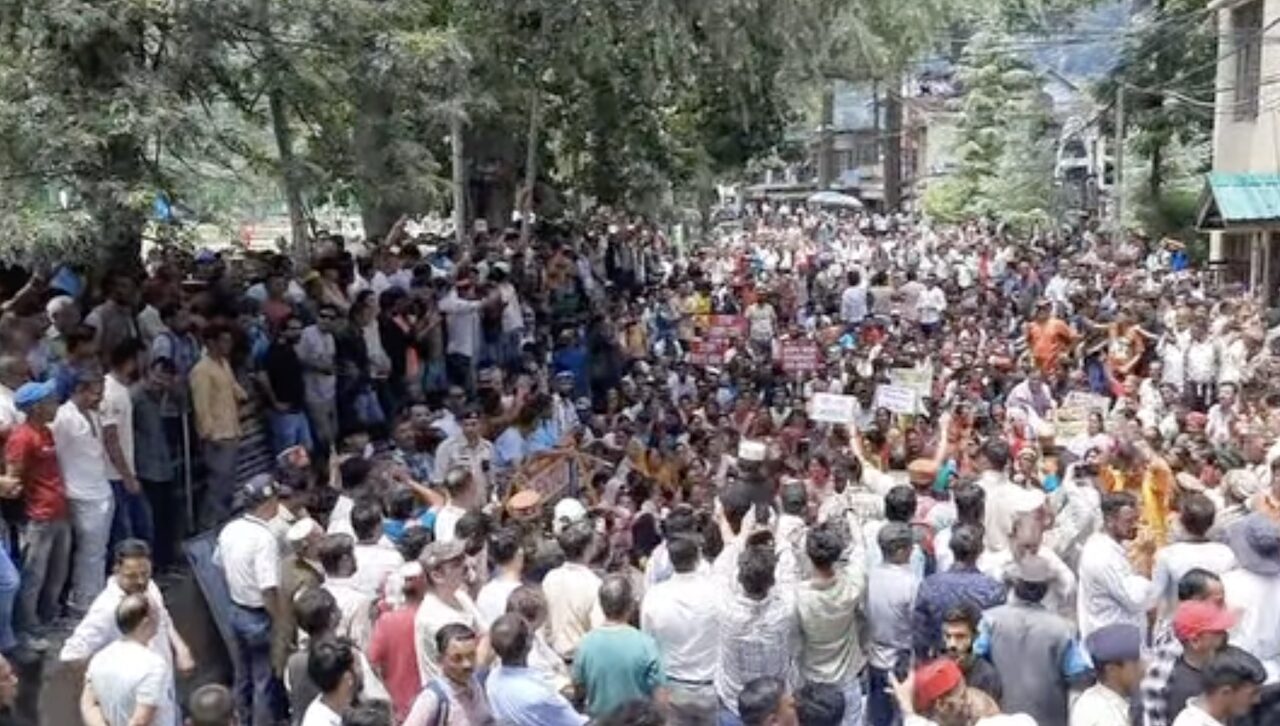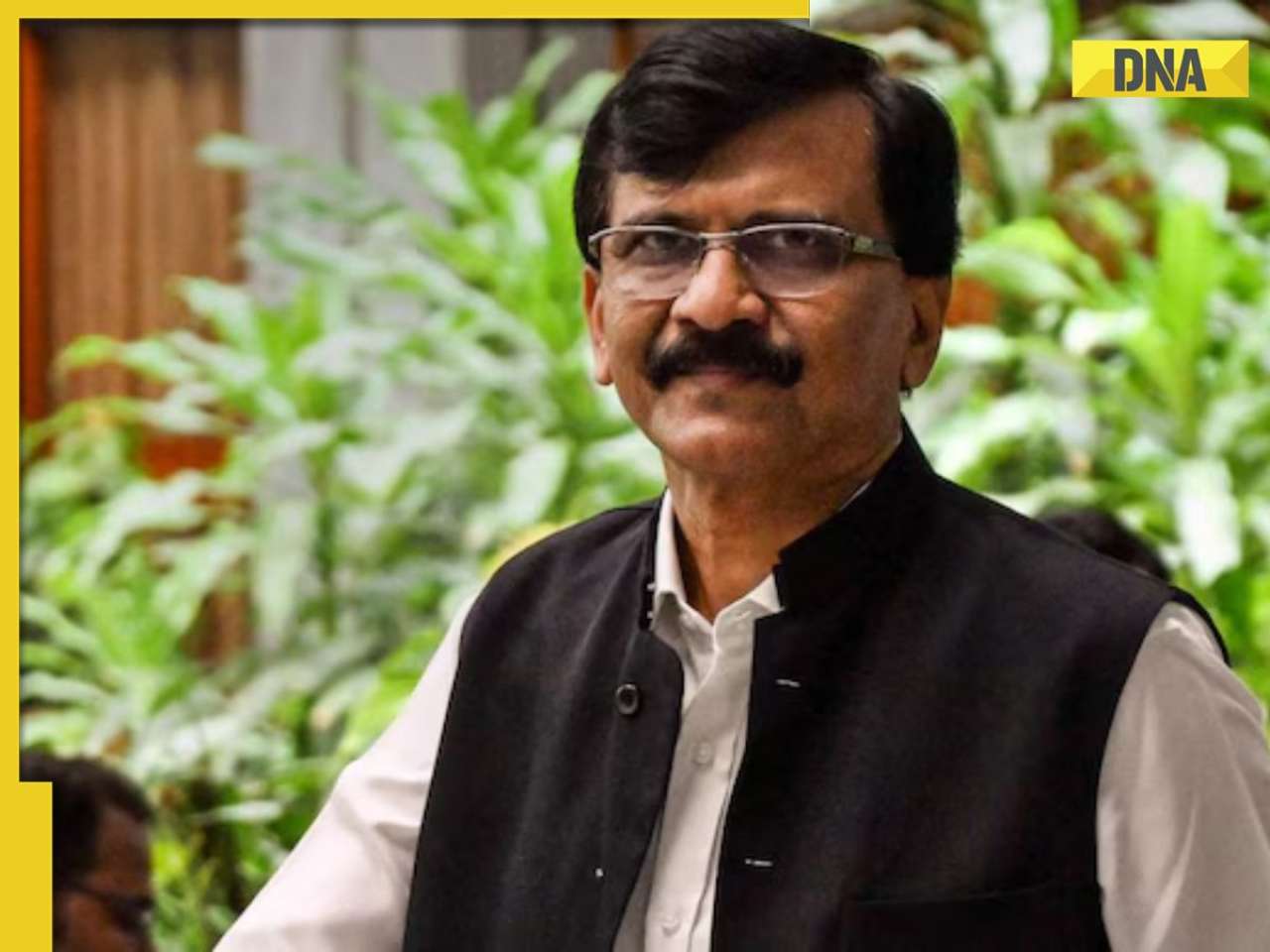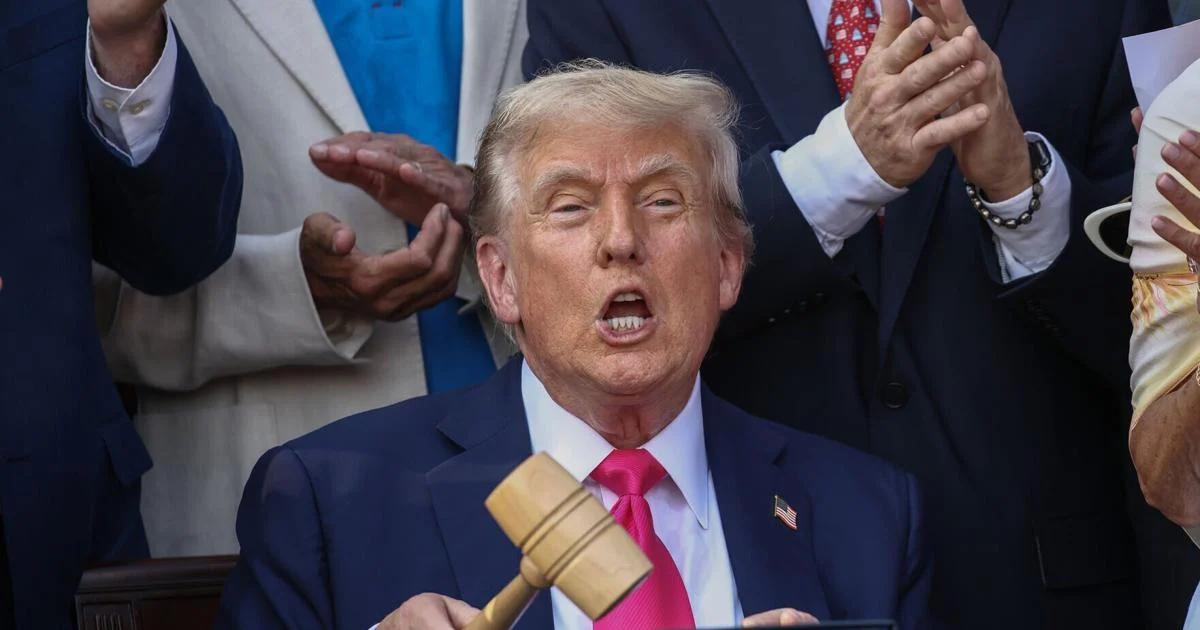Copyright thenewshimachal

Prime Minister Narendra Modi has taken cognizance of the dispute surrounding the proposed Bijli Mahadev Ropeway project in Kullu district and has formed a three-member committee to address the issue. The committee will be headed by BJP National President and Union Health Minister JP Nadda, with Arun Singh and Mahendra Pandey as members. A meeting has been scheduled in New Delhi on November 3 under the chairmanship of Nadda, which will also be attended by former MP Maheshwar Singh, the chief stick-bearer of Lord Raghunathji, along with members of the Ropeway Sangharsh Samiti. Maheshwar Singh said that he would raise the issue of opposition expressed by local deities to the ropeway project during the recent Jagti held in Manali. He stated that Prime Minister Narendra Modi has taken note of the religious sentiments attached to the Bijli Mahadev shrine and that the Prime Minister’s Office is taking initiative in this regard. Singh further said that out of respect for the deities, the construction of the ropeway should be cancelled. He added that if the meeting cannot be held on November 3 for any reason, a new date will be decided soon, and he also plans to personally meet the Prime Minister. The Bijli Mahadev Ropeway project, aimed at connecting the Kullu valley to the revered Bijli Mahadev temple located at an altitude of over 2,400 metres, has been facing strong resistance from local deities, temple committees, and residents. The shrine, dedicated to Lord Shiva, is one of Himachal Pradesh’s most sacred religious sites, attracting thousands of devotees every year. However, the proposal to construct a ropeway to the temple has sparked controversy, with traditional custodians arguing that it would disturb the sanctity of the shrine and disregard long-held religious customs. Members of the Ropeway Sangharsh Samiti and several local deity committees claim that the project was sanctioned without proper consultation with the deities and temple authorities, a process considered mandatory in Kullu’s unique cultural and spiritual tradition. They argue that any major decision concerning the deities’ shrines must first receive divine consent, often expressed through ritual consultations known as Jagti. The deities, according to temple representatives, have conveyed opposition to the ropeway, calling it disrespectful to the sanctity of the site. In addition to religious objections, environmentalists and local villagers have also raised concerns over potential deforestation and ecological damage to the fragile mountain ecosystem. They fear that large-scale construction could alter the terrain and affect biodiversity in the surrounding forest area. On the other hand, supporters of the project argue that the ropeway would ease access for elderly devotees, reduce the arduous trek to the temple, and boost religious tourism in the region, potentially contributing to local economic growth. The Himachal Pradesh government had earlier justified the project as an initiative to promote eco-friendly tourism and provide better infrastructure for pilgrims. Yet, with mounting opposition and cultural sensitivities involved, the issue has now escalated to the national level. The intervention of Prime Minister Modi and the formation of a high-level committee led by JP Nadda signal the Centre’s intent to find a balanced resolution that respects both the region’s traditions and its developmental aspirations.



